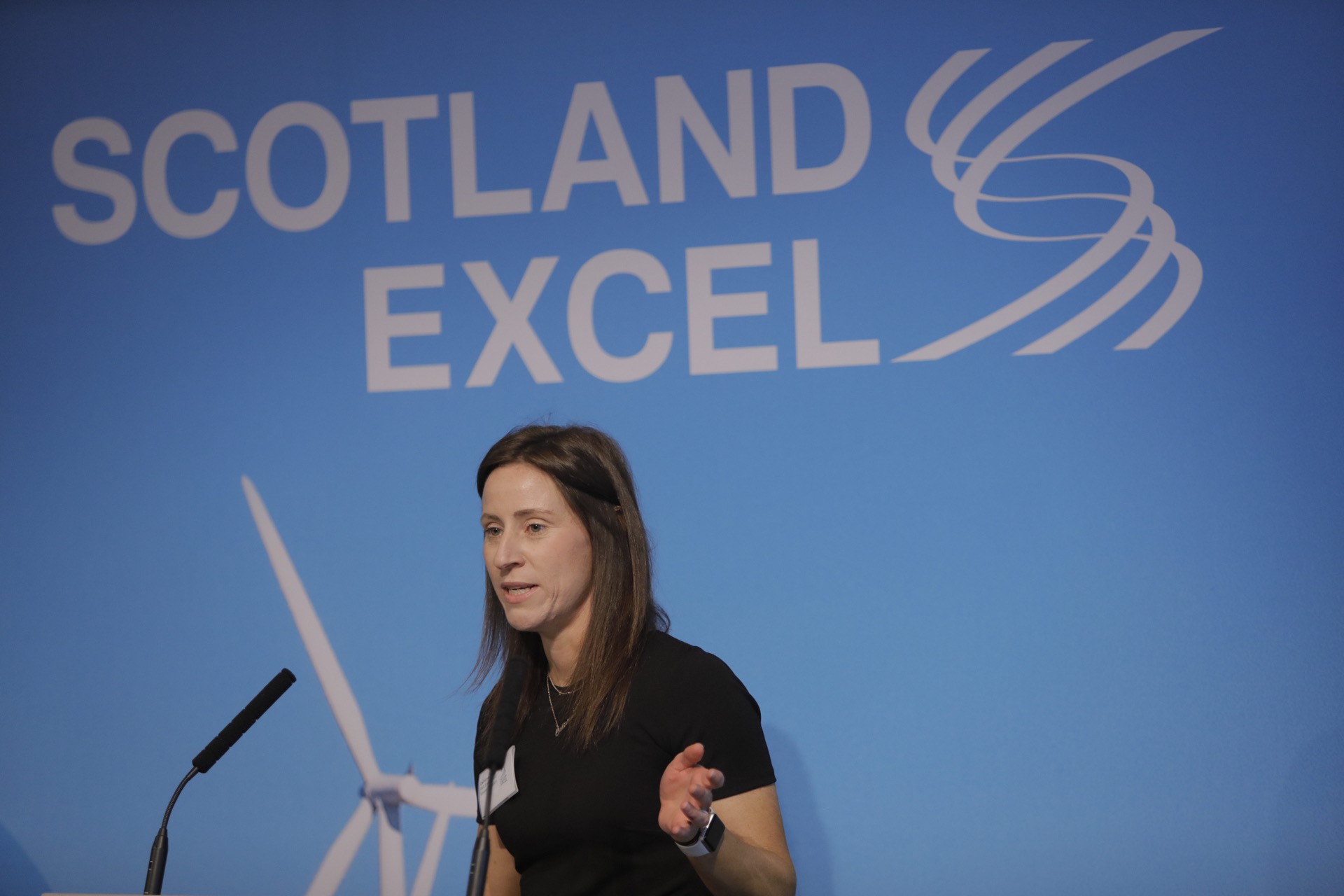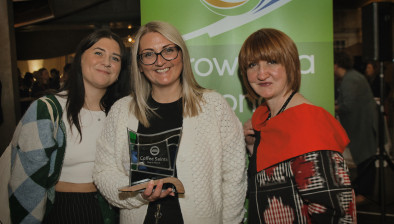Caitriona Jordan: Skills development will be key to improving the energy efficiency of our homes

Caitriona Jordan
As part of Scotland Excel’s ‘Supporting the journey to net zero’ campaign, Caitriona Jordan, head of retrofit programmes at Built Environment – Smarter Transformation (BE-ST), looks at the skills needed in the construction industry to support decarbonisation.
Decarbonisation has been billed as the biggest engineering project the built environment has ever been asked to tackle, with urgent action needed to achieve ambitious emissions targets. Scotland has around 2.45 million homes, yet recent research showed only 278,000 currently use a renewable or low emissions heating system – highlighting the extent of the retrofit activity required.
We know that change needs to happen quickly, and local authorities and housing associations are now in a unique position where they can lead the transformation of domestic buildings. Social housing could become the first demonstration of the possibilities of retrofitting at scale – both for the construction sector and for residents.
Last month the new Energy Efficiency Contractors’ Framework was introduced by Scotland Excel to support councils and housing associations to improve the energy efficiency of homes. Crucially, the framework now takes a whole-house approach, including the entire spectrum of works from insulation and windows to door replacements and roofing upgrades and opens the door to several long-term opportunities for Scottish contractors.
However, while the framework will help to secure an entirely new pipeline of work, it is equally important that contractors have the skills and expertise required to deliver the zero carbon ambition. The existing skills gap in the construction sector is no secret and that has only been heightened by the climate emergency.
Re-skilling and upskilling will be key to decarbonisation, and we need to provide the sector with the knowledge and experience workers need, to help deliver the wide range of new projects and energy-efficient retrofits required – in the social housing sector, and beyond.
There are a number of initiatives being supported through the National Transition Training Fund, including BE-ST’s Low Carbon Learning programme, aimed at doing just that, seeking to close, or at least reduce, the skills gap.
Launched in April 2021, Low Carbon Learning offers valuable training focused on the growing demand for green, energy efficiency skills. Training is free-to-attend and includes a mix of online and in-person courses, workshops and webinars focused on core areas deemed to be critical to the future of the sector.
While Passivhaus standards – an internationally recognised approach to the design and build of highly energy-efficient buildings – are core to the training programme, equally relevant is the EnerPHit approach to retrofit.
Passivhaus-certified buildings can achieve a reduction of up to 75% in space heating requirements compared to the UK’s typical new-build homes and are proven to reduce carbon consumption, lower energy costs and improve the health and wellbeing of occupiers.
EnerPHit, on the other hand, is a similar standard for retrofit projects using the same principles and components, but it acknowledges that there will be some differences and additional challenges when applied to older buildings.
So far, we have seen more than 2,000 individuals in Scotland complete online and in-person training workshops hosted by BE-ST. Yet, with a sector of more than 200,000 – not including associated supply chain businesses – we still have a long way to go to meet the skills demand to transform the built environment. For contractors to meet the criteria of new procurement frameworks, standards and guidelines, it is crucial that we simultaneously focus our efforts on improving the skills and knowledge of our workforce.
Find out more about BE-ST’s Low Carbon Learning programme.
- Caitriona Jordan, head of retrofit programmes at Built Environment – Smarter Transformation (BE-ST), recently spoke at Scotland Excel’s Energy Efficiency Conference and Expo ‘Building a Net Zero Scotland’ that took place in Edinburgh.
More than 200 people from across the built environment and energy efficiency sectors attended the one-day event held to launch the renewal of Scotland Excel’s Energy Efficiency Contractors framework. It brought together leading energy and climate experts to discuss how the public and private sectors can work together to combat the climate emergency and achieve the Scottish Government’s goal of a Net Zero Scotland by 2045.
You can view the films of the presentations and slides of each speaker through Scotland Excel’s website.






